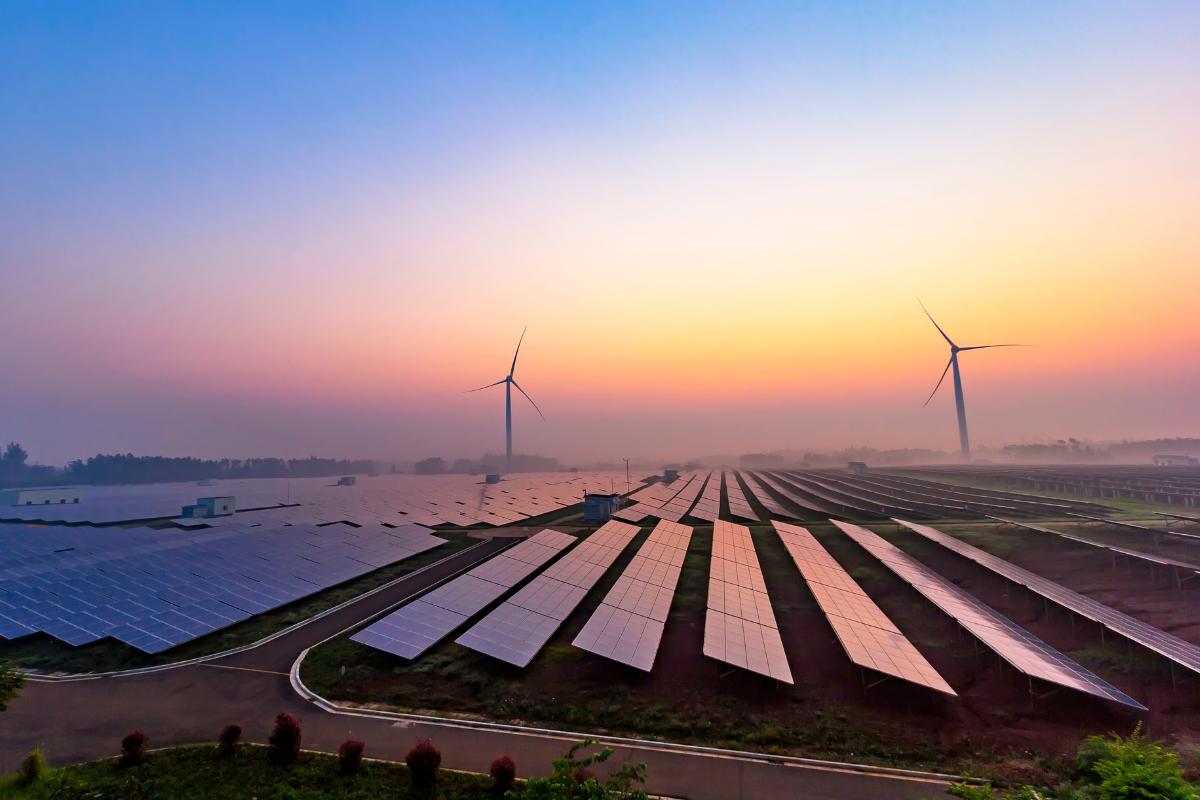How the elimination of U.S. tax credits under the One Big Beautiful Bill Act may increase investment in the Canadian renewable energy sector

This article was prepared with the assistance of summer law student Simon Jones
On July 4th, 2025, U.S. President Donald Trump signed the One Big Beautiful Bill Act (the OBBBA) into law. The OBBBA includes major updates to the Internal Revenue Code of 1986 (i.e. the U.S. tax code) which may affect renewable energy projects in the United States of America. This article highlights changes to certain tax credits which were previously available for wind and solar projects under the U.S. tax code, and the implications that these changes may have on the Canadian renewable energy sector.
Changes to U.S. tax credits for wind and solar facilities
Among other changes, the OBBBA modifies the availability of the clean electricity production credit (available under 26 U.S. Code § 45Y) by:
- Making the credit unavailable for any “foreign-influenced entity” (as defined in the OBBBA)
- Disqualifying any facility (for which construction begins after December 31, 2025) that receives any “material assistance from a prohibited foreign entity” (as defined in the OBBBA)
The OBBBA also contemplates the termination of the clean electricity investment credit (available under 26 U.S. Code § 48E) for wind and solar facilities that are placed in service after December 31, 2027. An exception is made – and such credit can still be claimed – for wind and solar facilities that commence construction by July 4, 2026.
These changes may affect the financial viability of certain wind and solar projects, particularly those that were relying on – but are now disqualified from receiving – the above tax credits.
New tax credits for Canadian renewable energy projects
While the OBBBA has limited the availability of certain tax credits relating to wind and solar projects in the United States of America, recent and proposed changes to Canadian tax legislation continue to provide tax incentives for the development and construction of renewable energy projects in Canada. In particular, the Government of Canada recently announced – and is in the process of enacting – several “clean economy investment tax credits” that are designed to encourage foreign and domestic investment in clean energy.
Presently, the clean technology investment tax credit (CTITC) provides for a refundable tax credit for: (1) up to 30% of eligible capital costs on wind, solar and other clean energy projects which are incurred between March 28, 2023 and December 31, 2033; and (2) up to 15% of eligible capital costs incurred from January 1, 2034 to December 31, 2034.
In addition to the CTITC, the Government of Canada has prepared draft legislation relating to a new clean electricity investment tax credit (CEITC), which is proposed to be a refundable tax credit for up to 15% of the capital costs of “clean electricity property”. While the definition of “clean electricity property” will not be final until this legislation is enacted into law, the draft definition includes certain property used in the generation of wind, solar and other clean energy. At present, the CEITC is also proposed to be available to non-taxable entities such as First Nations.
Opportunities for investment in Canadian wind and solar projects
It is noteworthy that the upcoming changes to U.S. tax laws effected by the OBBBA coincide with the implementation of the new clean economy investment tax credits in Canada. The new Canadian tax credits should increase the financial viability of certain wind and solar projects in Canada, while the changes to the U.S. tax code effected by the OBBBA may simultaneously decrease the financial viability of the same type of projects south of the border. This shift in viability may result in opportunities for Canadian renewable energy developers to attract investors who would have previously invested in American wind and solar power projects.
Next steps
If you have questions about investment opportunities in Canadian renewable energy projects or if you would like to learn more about our experience in this area, please contact a member of our Energy Group.
Note: This article is of a general nature only and is not exhaustive of all possible legal rights or remedies. In addition, laws may change over time and should be interpreted only in the context of particular circumstances such that these materials are not intended to be relied upon or taken as legal advice or opinion. Readers should consult a legal professional for specific advice in any particular situation.



